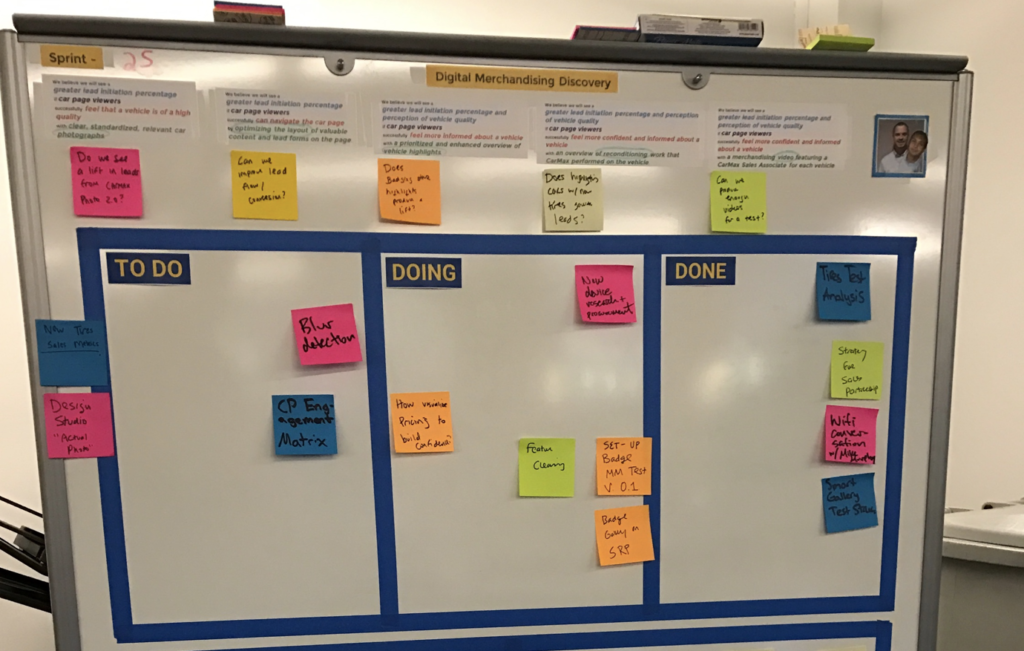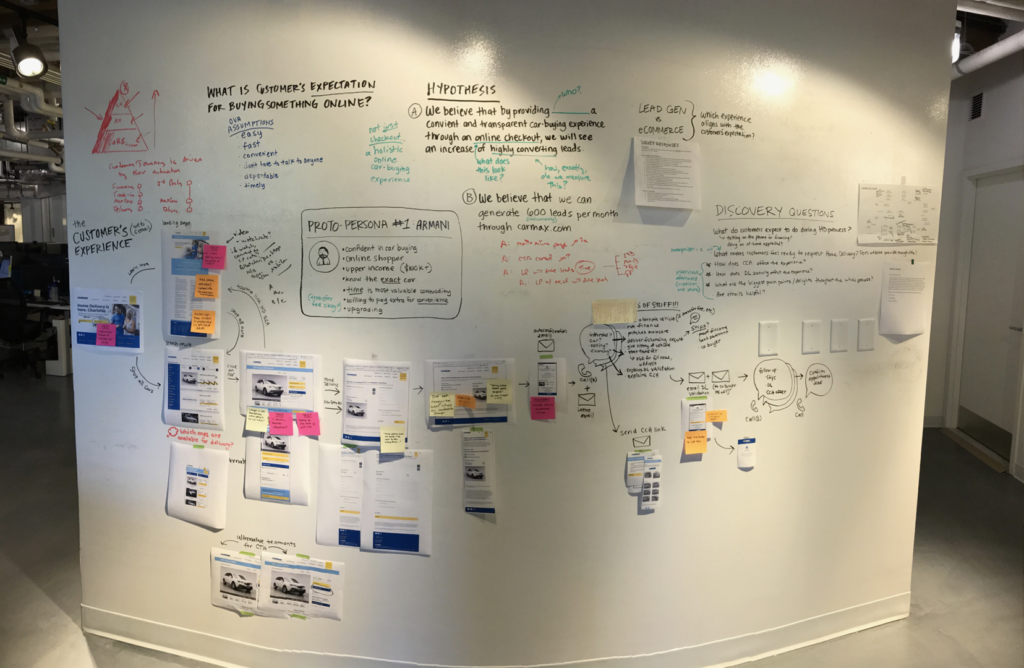

Dual-track Daily Standup
source link: https://www.jpattonassociates.com/dual-track-daily-standup/
Go to the source link to view the article. You can view the picture content, updated content and better typesetting reading experience. If the link is broken, please click the button below to view the snapshot at that time.
Dual-track Daily Standup
by Jeff Patton | Articles
tl;dr:
If you’re a team working together on a product you’ll need a quick review and planning meeting every day. If you’re a team doing both discovery and delivery, that daily review and planning may go a bit differently. Use this recipe as a starting point if you’re new to dual-tracking.
Purpose: Use a daily standup meeting or team huddle to review your progress on the previous day and plan your work today.
Dual-track daily standup recipe
If you’re already practicing an agile process, you’re probably familiar with a daily standup meeting. And, it’s been my experience that for some teams this can be one of the most annoying parts of the day. If it is, this may be a hint you should change the way you’re doing things.
Remember: This isn’t a status meeting.
This is the team’s time to figure out how they can work together to make as much progress as possible today.
Who: the whole product team
How long: Keep these meetings 15 minutes or less. If a problem takes more than a minute to discuss or solve, use this meeting to plan a time to discuss it afterward.
1. Discuss any team news or general announcements everyone needs to know
The standup meeting may be the one time in the day that the whole team is together.
2. Discuss development work
Review each story in progress. Hopefully there are only 2 or 3. If you have more stories in progress, it may be a symptom of not working together, or “swarming” to get stories completed faster.
For each story in progress discuss:
- What progress was made the previous work day
- What challenges might be slowing things down or blocking progress
- What can do together today to move things forward
While discussing development work it’s helpful to look at simple visualizations:
- A task board showing the work to do, in progress and done
- Mock ups or visualizations of the software you’re building – this makes it easy to explain exactly what you’re working on
Notice we’re discussing our progress story-by-story and not person-by-person. Remember it’s not about who’s most busy. We’re all busy. It’s about the progress we’re making on the software we agreed to build. Keep the focus there.

3. Discuss work to prepare for next cycle
Part of the team’s work is refining development stories for the next cycle. If there are stories that need refinement workshops today, let people know during the standup so that can attend if they want.
4. Discuss discovery work
We’ve saved discovery discussion for last. It’s OK for team members who aren’t involved in discovery work to leave and get to work on development work.
Review each opportunity in progress:
- What are next tests, customer interviews, or work you’ll be doing to refine and advance your hypotheses.
- How can other team members participate?

As with discussing development work, it’s useful to have visualizations to support the discussion:
- Use a discovery task board that shows your current hypotheses, next most important question, and discovery tasks
- Keep an evidence board that shows personas, journey and story maps, user experience sketches, and any other information that supports your current hypothesis

More reading: Jason Yip, currently a coach at Spotify, has a useful paper describe lots patterns and approaches to standup meetings. While he doesn’t explicitly discuss discovery work, you’re sure to find some useful advice in it:
It’s Not Just Standing Up: https://martinfowler.com/articles/itsNotJustStandingUp.html
Recommend
About Joyk
Aggregate valuable and interesting links.
Joyk means Joy of geeK